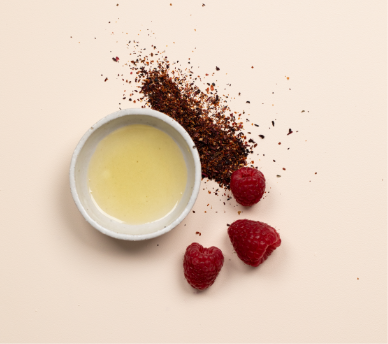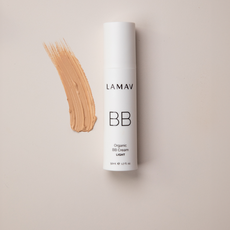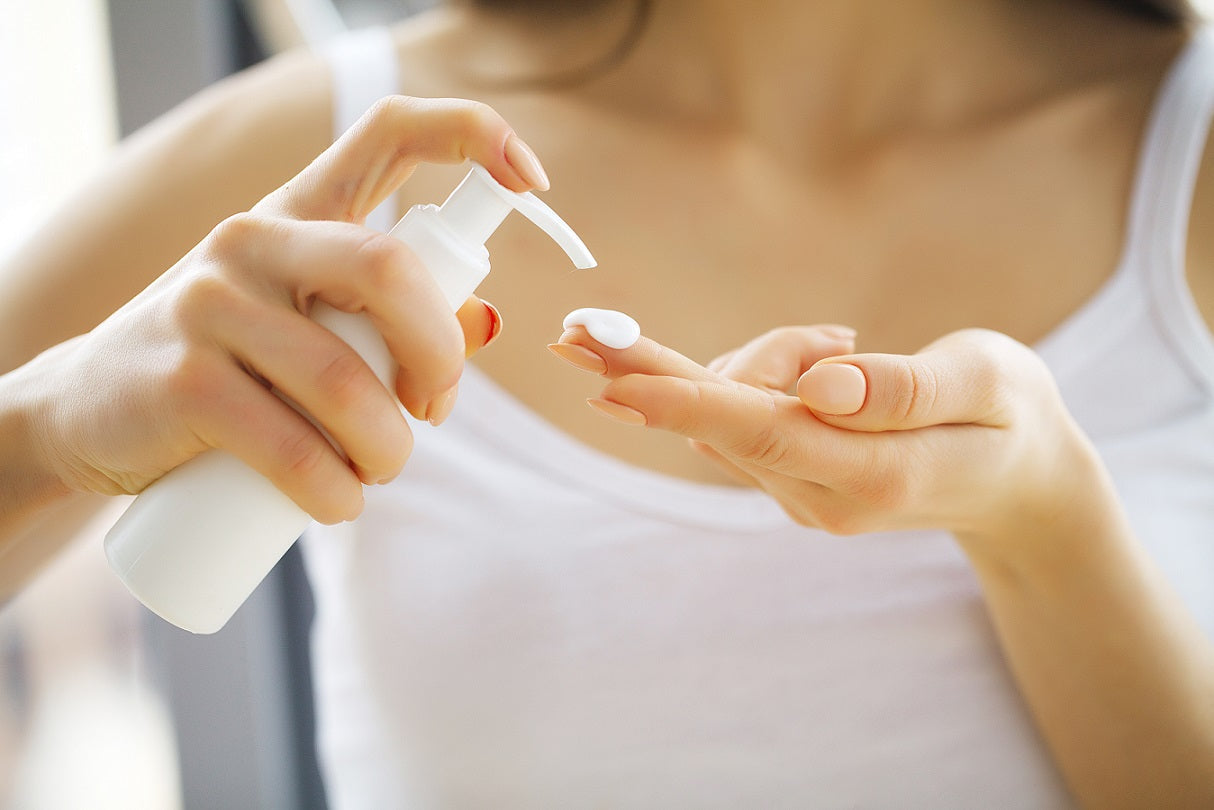How Panthenol Benefits Your Skin
If there is one skincare ingredient that everyone has heard of, it would be Panthenol (also known as Provitamin B5). Panthenol is one of the most famous beauty ingredients used in the formulation of face creams, lotions, serums, hair care products, etc. – basically, everything whose purpose is to make you prettier. Let us find out why the beauty industry worships this ingredient and what makes it so special!
Deeply Moisturizes
Though panthenol is an alcohol form of vitamin B5, don’t be misled – this doesn’t mean it’s drying like regular alcohol (that you know you have to avoid, right?). Panthenol does not dry out your skin but moisturizes it. And it does it well. By acting as a humectant, panthenol attracts water from the environment to your skin, keeping it looking dewy and fresh. Maintaining optimal moisture levels in your skin is essential for preserving it youthful and healthy.
Anti-Aging Benefits
Thanks to its wonderful moisturizing properties, panthenol is an ingredient-to-look-for when choosing a daily moisturizer or night cream. Not only does panthenol draw water to the skin, but it also improves the function of the skin's protective barrier, thus reducing water loss – double action to ensure your skin stays hydrated 24/7.
Another problem associated with aging that panthenol can help with is hyperpigmentation. Several studies have shown that topical application of
panthenol-containing products for several weeks evens the skin tone and lightens dark spots. A true multi-tasker!
Reduces Scars
Panthenol penetrates the skin well and promotes wound healing and the formation of new tissue by stimulating a process called “fibroblast proliferation”. By speeding up the natural restorative processes of your skin, panthenol reduces the chances of scar formation and preserves the skin’s integrity.
Anti-Inflammatory Properties
Because of its anti-inflammatory, soothing and regenerative properties, panthenol is widely used in treatments for specific skin conditions such as eczema, atopic dermatitis, and acne. For example - when it comes to treating atopic dermatitis, compared to hydrocortisone (a common prescription medicine used to treat atopic dermatitis) panthenol has virtually no side effects and zero toxicity (while hydrocortisone has various unpleasant side effects + after prolonged use it causes irreversible skin changes). Panthenol sounds like a better option, doesn’t it?
If you liked this post, let us know by sharing it!









